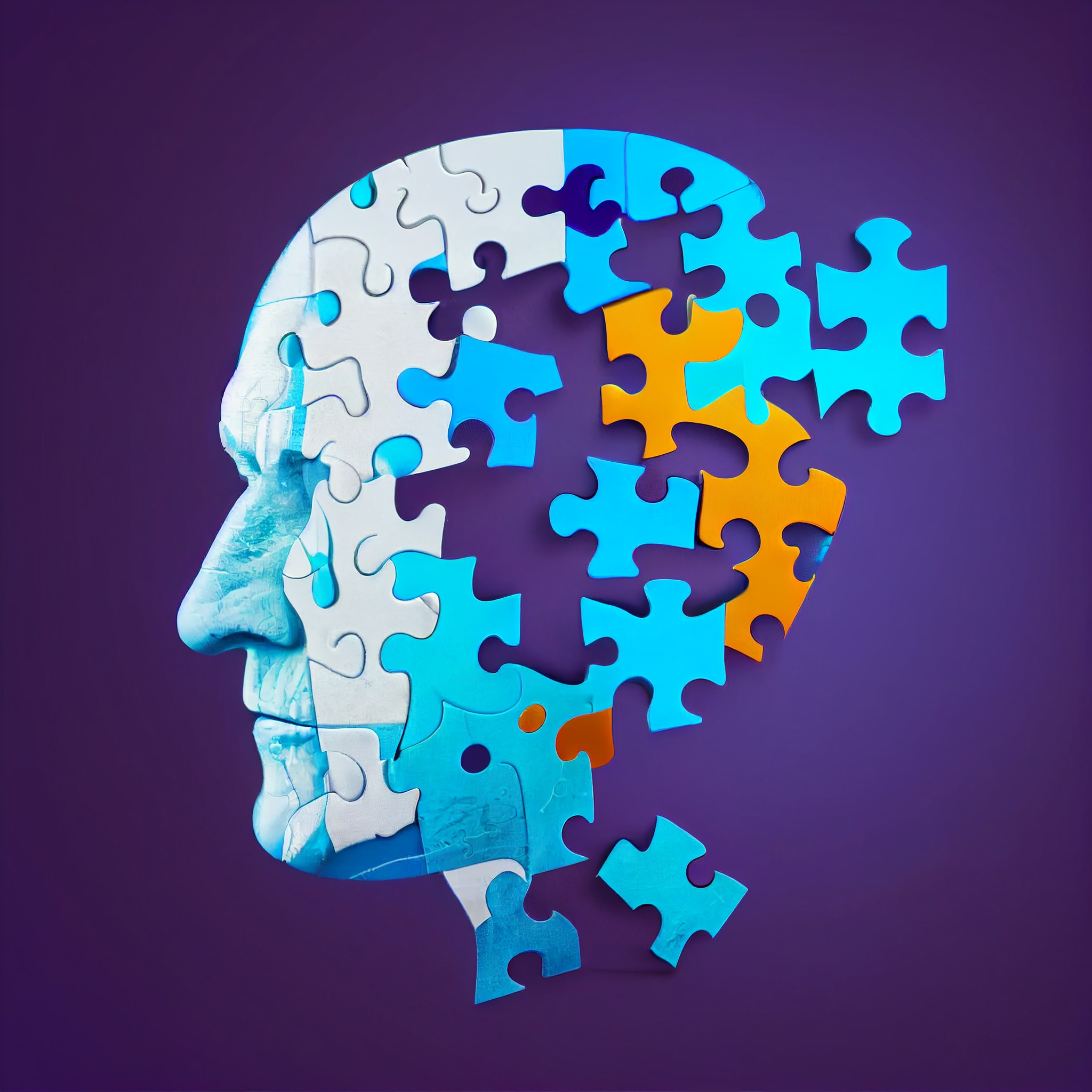

10 Early Signs of Dementia
- July 29, 2025
- Senior Living Tips

Understanding the early signs of dementia can be the key to getting the right help and support as soon as possible. Dementia is not a single illness but a group of symptoms caused by disorders affecting the brain, most commonly Alzheimer's disease. Early detection of dementia can significantly improve the quality of life for those living with the condition. Here are ten early signs to watch out for and reasons why recognizing them early can make a big difference.
1. Memory Loss Affecting Daily Life
One of the most common early signs of dementia is a noticeable change in memory. This isn’t just occasional forgetfulness, like misplacing keys, but memory lapses that disrupt daily life, such as forgetting important dates or events or asking for the same information repeatedly.
Why it matters: Early diagnosis allows for memory aids and strategies to be more effective, helping to maintain independence longer.
2. Difficulty Planning or Solving Problems
Someone might experience changes in their ability to follow a plan, work with numbers, or concentrate on tasks they once found easy. This can manifest as trouble following a familiar recipe or managing monthly bills.
Why it matters: Recognizing this sign can lead to interventions such as occupational therapy, which aids in developing coping strategies for these challenges.
3. Difficulty Completing Familiar Tasks
Everyday tasks such as driving to a familiar location, organizing a grocery list, or remembering the rules of a favorite game can become challenging.
Why it matters: Early detection allows for the implementation of support systems to assist in these daily tasks, preserving normalcy and routine.
4. Confusion with Time or Place
Losing track of dates, seasons, and the passage of time is a common early sign. People with dementia can become disoriented about where they are or why they’re there.
Why it matters: Identifying this sign early helps families and caregivers establish effective ways to orient and ground their loved ones. ViewClix's Day-Clock feature is designed to help; displaying the date, time of day, and current weather for your senior loved one. READ MORE
5. Trouble Understanding Visual Images and Spatial Relationships
For some, vision problems can be a sign of dementia, leading to difficulty with balance or trouble reading. They may also have trouble judging distance and determining color or contrast, which can cause issues with driving.
Why it matters: Early recognition can lead to safety measures, like adjustments in the home to prevent falls and deciding when it is no longer safe to drive.
6. New Problems with Words in Speaking or Writing
People with dementia may struggle with vocabulary, have trouble following or joining a conversation, or repeat themselves. They may struggle to find the right word or call things by the wrong name.
Why it matters: Speech therapy and communication aids can be introduced early to help maintain communication skills for as long as possible.
7. Misplacing Things and Losing the Ability to Retrace Steps
A person with dementia may put things in unusual places. They may lose things and be unable to go back over their steps to find them again, often accusing others of stealing.
Why it matters: Understanding this sign can help caregivers develop systems to reduce frustration and help keep track of personal items.
8. Decreased or Poor Judgment
This may present as poor judgment when dealing with money or neglecting grooming and cleanliness.
Why it matters: Early intervention can help manage finances and personal care routines, protecting the individual from potential scams or self-neglect.
9. Withdrawal from Work or Social Activities
A person with dementia may start to remove themselves from hobbies, social activities, work projects, or sports. They may have trouble keeping up with a favorite team or activity.
Why it matters: Early identification can encourage social engagement and the pursuit of activities adapted to the person’s abilities, which can enhance quality of life. ViewClix Smart Frames are the perfect way to keep your senior connected to family and provides your loved one a social connection.
10. Changes in Mood and Personality
The mood and personalities of people with dementia can change. They can become confused, suspicious, depressed, fearful, or anxious. They may be easily upset at home, with friends, or when out of their comfort zone.
Why it matters: Recognizing these changes early can lead to the use of therapeutic strategies to manage mood and improve the emotional well-being of the person with dementia.
Recognizing the early signs of dementia is crucial. It allows individuals and their families to seek out medical advice, get a proper diagnosis, and access care and support services. Early detection provides a window for treatment options that may help to slow the progression of symptoms and gives the person with dementia and their family more time to plan for the future. If you or someone you love is experiencing any of these symptoms, it’s important to talk to a doctor. Remember, these symptoms can also be related to other health conditions, so a thorough evaluation is necessary.
Where to Turn for Help
If you're concerned about any of these signs, don't hesitate to reach out to a healthcare professional. Early diagnosis and intervention can offer the best chance to manage symptoms.
ViewClix Smart Frames are here to help in the battle against dementia! Order your Smart Frame today and help your senior stay connected and reduce loneliness. https://viewclix.com/shop
